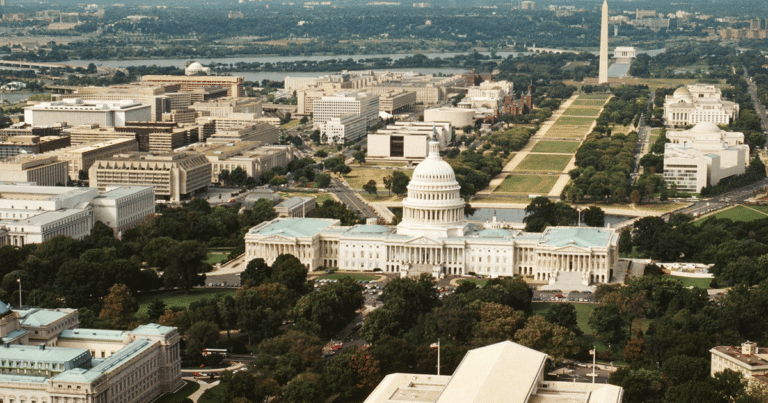
The United States Postal Service posted a staggering $9.5 billion loss in fiscal year 2024, nearly doubling its $6.5 billion deficit from the previous year.
This accelerating financial crisis threatens the future of an American institution that predates the Constitution itself.
Across the nation, Americans are experiencing the symptoms of this systemic failure through deteriorating service quality, rising costs, and chronic delivery delays.
The situation has become particularly acute during the holiday season when reliable mail service proves most critical for citizens and businesses alike.
President-elect Donald Trump is preparing to implement a transformative solution that could revolutionize mail delivery in America: privatizing the 249-year-old federal agency.
From The Daily Caller:
In early December, Trump also talked with a group of transition team officials to feel out their opinions on privatizing the agency, one person told the outlet.As mail volume declines for the Postal Service, the agency has reportedly lost $9.5 billion in the fiscal year ending on Sept. 30, The Washington Post reported.
The outlet expressed concern regarding the potential effect on e-commerce of privatizing the Postal Service, naming Amazon, whose executive chairman Jeff Bezos reportedly plans to donate $1 million to Trump’s inaugural fund. Jeff Bezos owns The Washington Post.
According to three sources familiar with the discussions, Trump has been conducting strategic meetings at Mar-a-Lago with his incoming commerce secretary, Howard Lutnick, and key transition team members to develop a market-based approach to postal services.
“The systematic waste of taxpayer resources must end,” stated Rep. Marjorie Taylor Greene, incoming chair of the Department of Government Efficiency subcommittee.
Greene highlighted a recent example of government mismanagement: a $10 billion electric vehicle initiative that delivered just 93 trucks over two years, falling dramatically short of its promised 80-vehicle daily production target.
This latest financial setback adds to mounting evidence that the current model is unsustainable.
While private carriers have successfully modernized their operations, the USPS remains constrained by bureaucratic inefficiencies and outdated operational protocols that consistently undermine service quality and financial stability.
“The data presents an unambiguous conclusion,” explains Lutnick, who has been instrumental in developing the privatization strategy.
“When private sector competitors demonstrate consistent profitability while a government agency accumulates billions in annual losses, fundamental structural change becomes imperative.”
The privatization initiative, though still in development, represents a significant departure from the framework established in 1775.
Proponents argue this transformation is essential to preserve and enhance mail service for future generations.
While critics raise concerns about rural delivery services and workforce implications, transition team sources emphasize that privatization would enhance service quality through market efficiencies and modern business practices.
They point to successful postal privatization models implemented in other developed nations.
The proposal aligns with the broader efficiency initiatives of the Department of Government Efficiency (DOGE), co-led by Elon Musk and Vivek Ramaswamy.
While neither has explicitly endorsed postal privatization, the concept corresponds with their stated mission of modernizing government operations through market-based solutions.
As mail volume continues to decline and losses mount, the imperative for structural reform grows more urgent.
Americans who are awaiting their holiday deliveries will increasingly see the contrast between efficient private delivery services and the struggling postal system.
For citizens who value fiscal responsibility and free-market solutions, Trump’s privatization initiative represents an unprecedented opportunity to transform a struggling government agency into a modern, efficient service provider.
The question facing Washington is whether it will embrace this necessary change or continue subsidizing an unsustainable system.
As the postal service approaches its 250th anniversary, Americans face a choice: maintain the status quo of mounting losses and declining service or embrace a market-driven solution that could secure reliable mail delivery for generations to come.
Key Takeaways:
- USPS losses doubled to $9.5B in 2024, highlighting the urgent need for reform.
- Trump transition team developing a private-sector solution to modernize mail delivery.
- The failed $10B electric vehicle program exemplifies the current system’s wasteful spending.
- A free-market approach could save taxpayers billions while improving service quality.
Sources: Daily Caller


